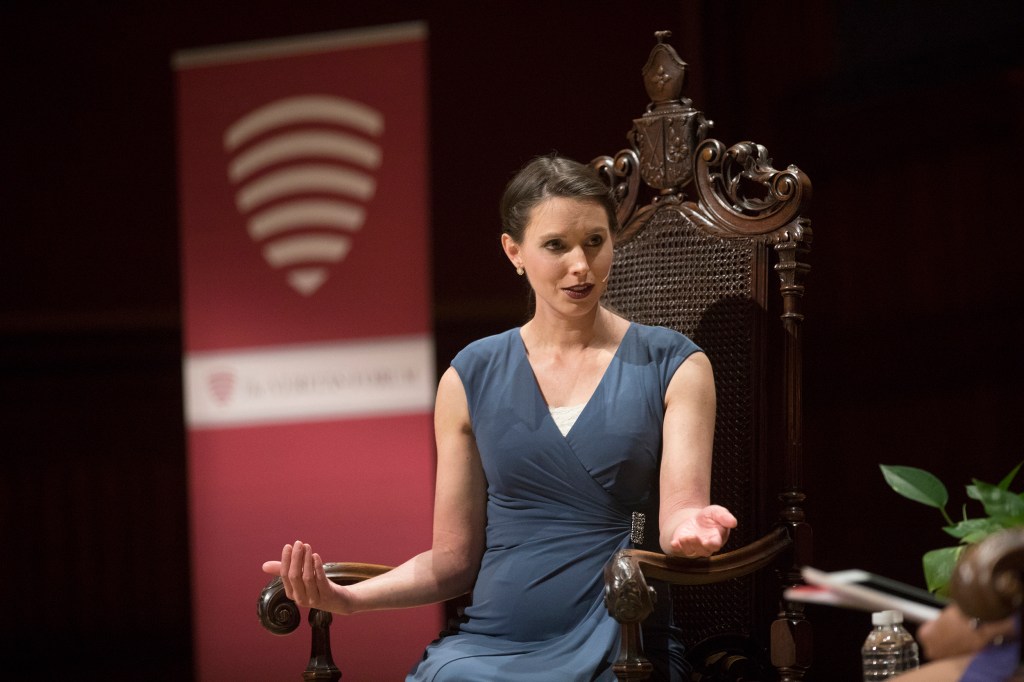Nation & World
-

U.S. needs to keep its friends closer, Pence says
First-term Trump VP: ‘If America isn’t leading the free world, the free world is not being led.’
-

‘Vibes or hunches’ don’t help win elections
Political analytics conference convenes experts on voter trends, election forecasting, behavioral research
-

U.S. just didn’t get China, Bolton says
Asian nation now main economic, military threat to Western democracies, according to former national security adviser
-
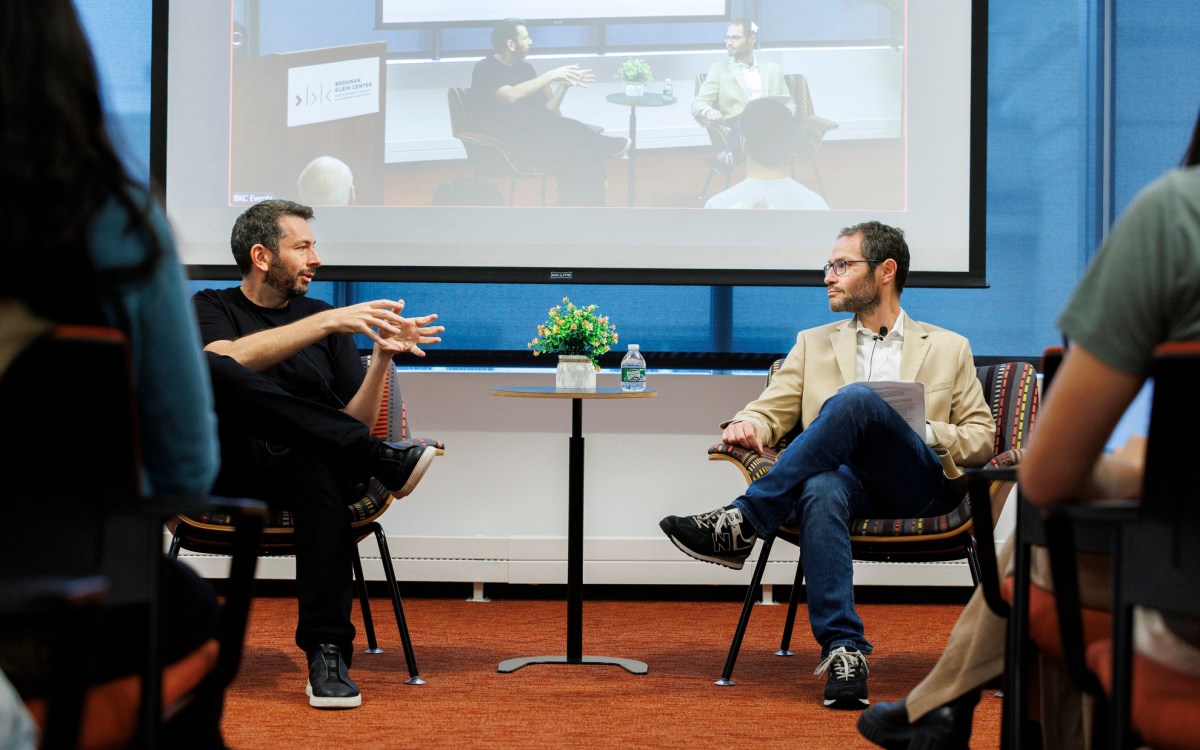
Artificial intelligence may not be artificial
Researcher traces evolution of computation power of human brains, parallels to AI, argues key to increasing complexity is cooperation
-
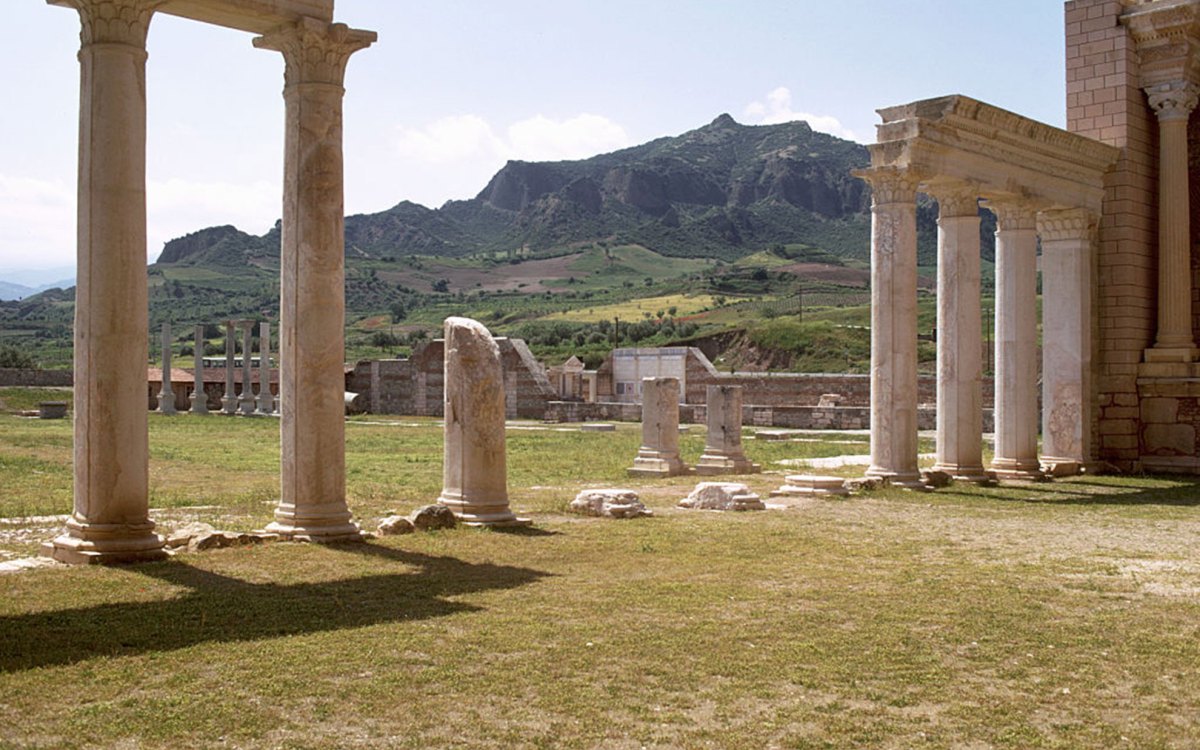
Sardis named a UNESCO World Heritage Site
Designation comes as Harvard’s decadeslong archaeological dig uncovers new secrets from remains of ancient Turkish city
-
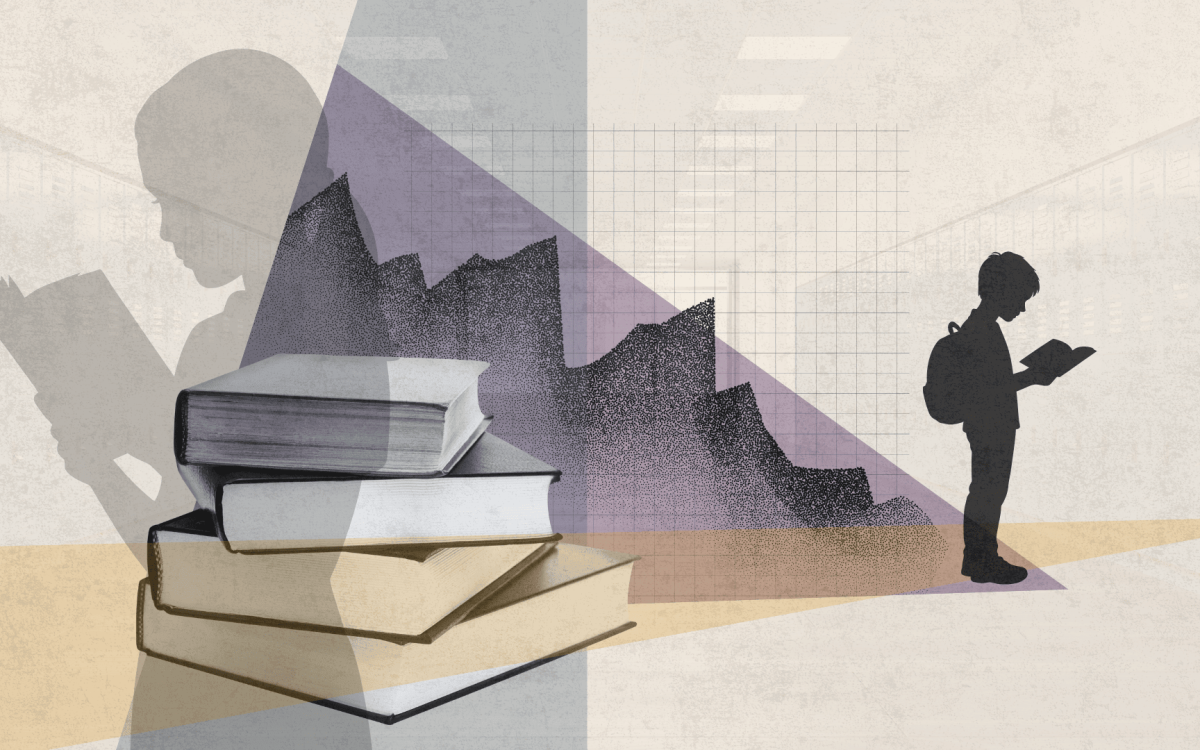
What’s driving decline in U.S. literacy rates?
In podcast, experts discuss why learning to love to read again may be key to reversing trend
-
The worries over U.S. intelligence
After nearly six decades in U.S. intelligence, former Director of National Intelligence James Clapper talks candidly about what he saw and learned protecting the country, and why he’s felt compelled in a new book to speak out about President Trump and the investigation into Russia’s interference in the 2016 election.
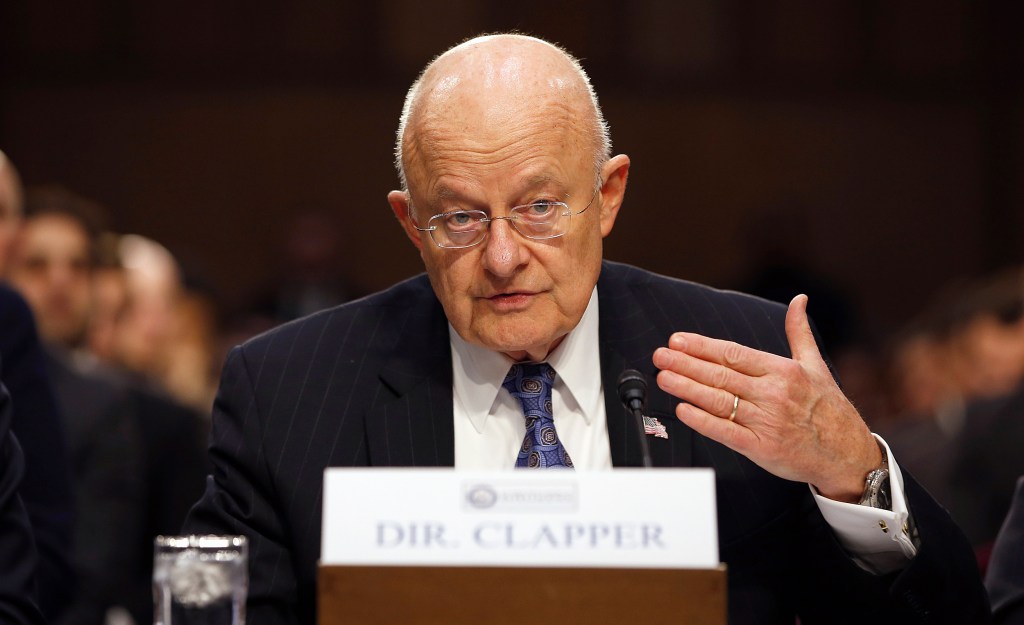
-
Harvard’s Glaeser welcomes global shift to cities
City of Boston official Brian Golden joined Professor Edward Glaeser at the Ed Portal for a discussion focused on the future of cities.

-
Local teachers get an education in addressing hard questions
To help give local educators the capacity to bring thoughtful ideas back to their communities, two students at the Harvard Graduate School of Education recently offered a program on race and equity in education.
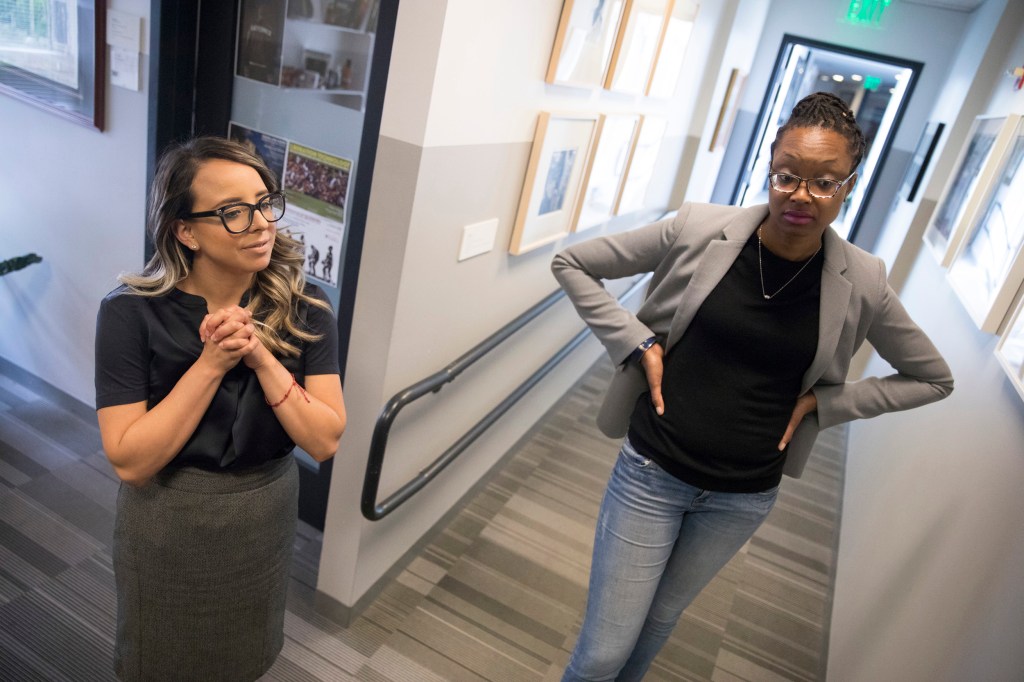
-
Speaking up, reaching out
Lawyer and then-professor of law at Ambo University, Zelalem Kibret first visited a jailed politician in Ethiopia’s infamous Kaliti Prison in 2012, hoping to raise awareness about people arrested for challenging the status quo. In 2014, Zelalem found himself behind bars for speaking up.
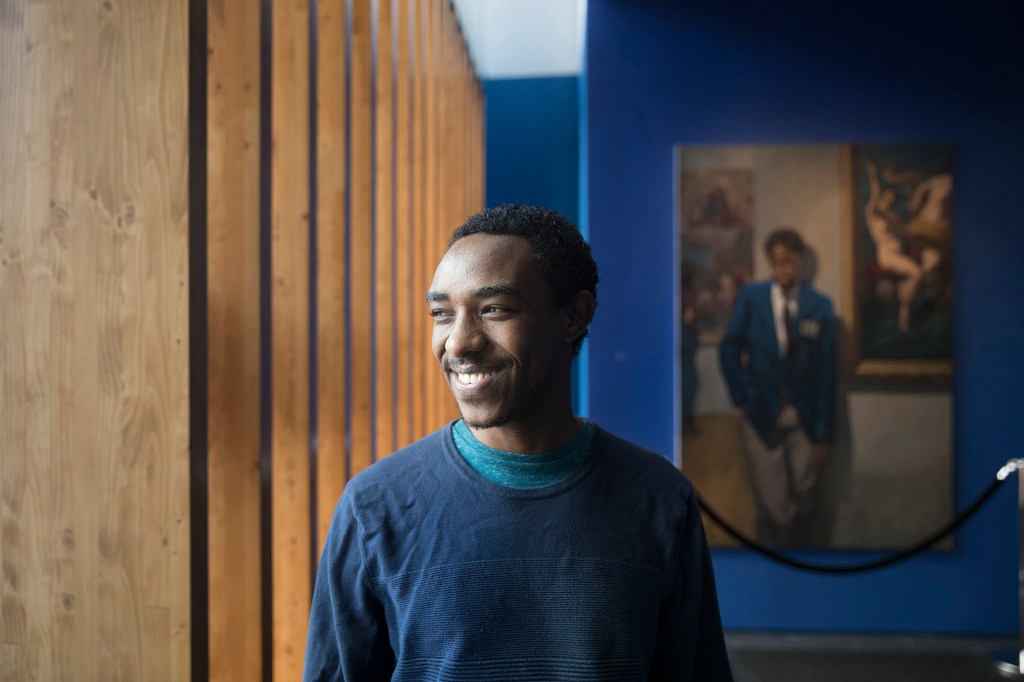
-
Making soccer everyone’s game
A three-day symposium hosted by Harvard’s Weatherhead Initiative on Global History, titled “Participation, Inclusion and Social Responsibility in Global Sports,” probed issues of racism and inclusion.
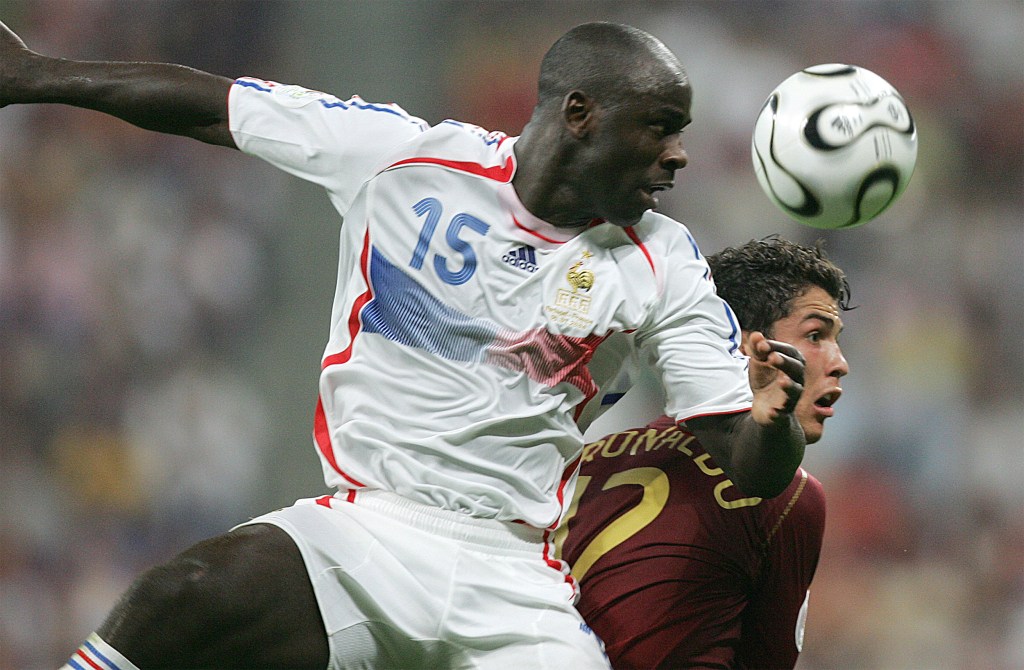
-
The right footprints
Gabrielle Scrimshaw ’18 is a Gleitsman Fellow at the Harvard Kennedy School. The first in her family to attend college, she plans to start an investment firm for tribal businesses and indigenous entrepreneurs.
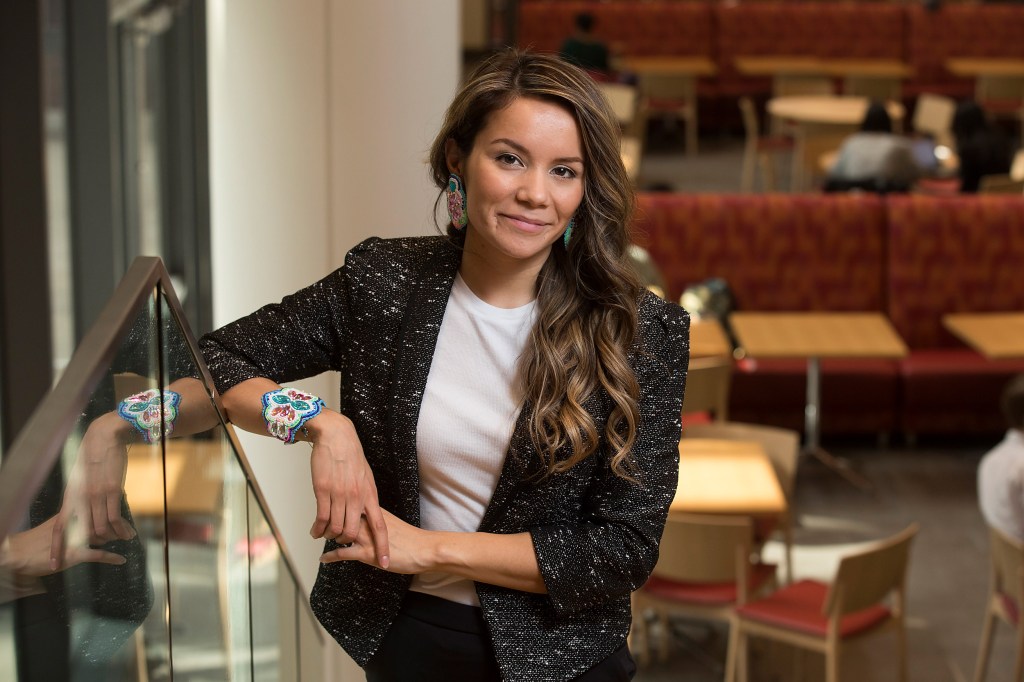
-
Paramedic to Prague to Harvard
Oren Varnai, graduating from the Harvard T.H. Chan School of Public Health’s mid-career master of public health program, is a Foreign Service officer in Prague.
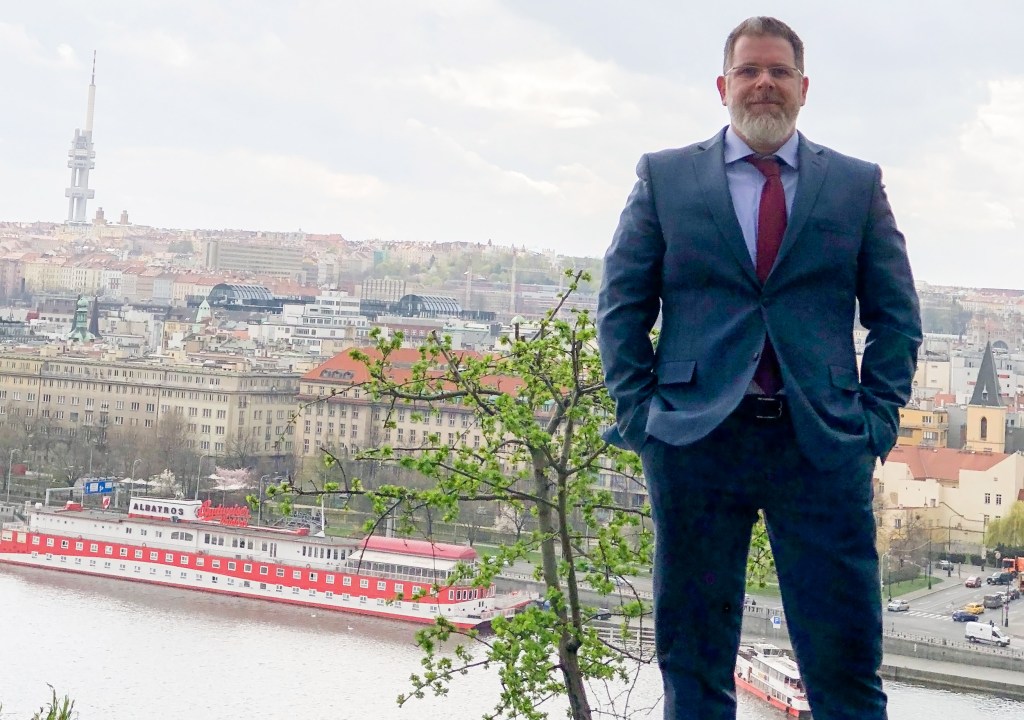
-
The Civil Rights lawyer who paved the path
On the anniversary of Brown v. Board of Education, the Gazette sat down with Tomiko Brown-Nagin, the faculty director of the Charles Hamilton Houston Institute for Race & Justice, to talk about Houston, architect of the legal campaign that led to the 1954 landmark Supreme Court ruling that ended legal segregation in public schools.
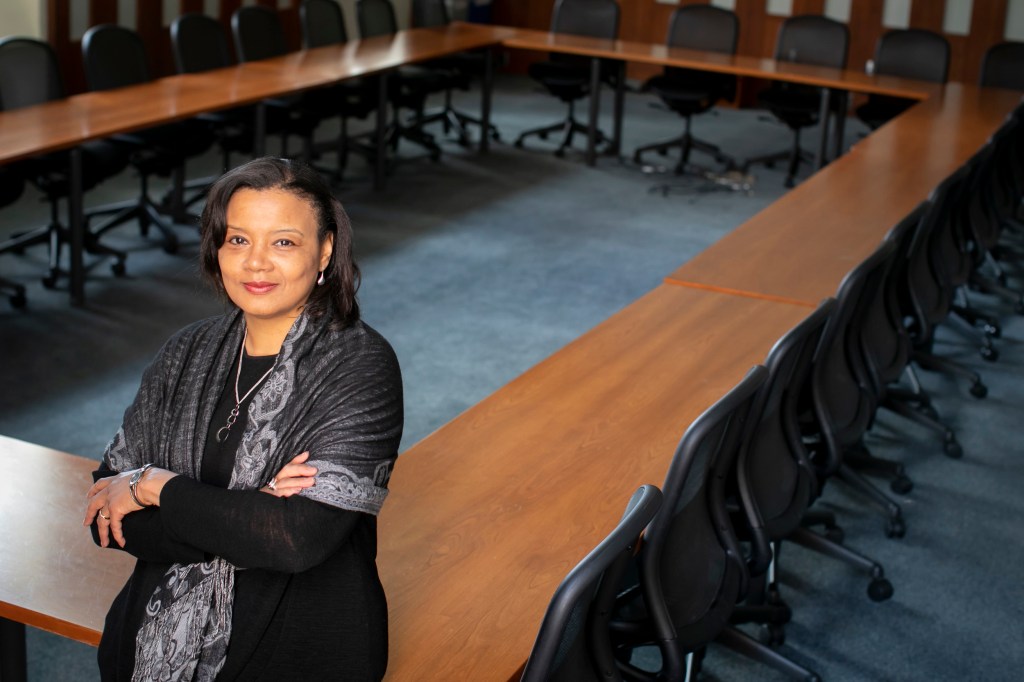
-
The doctor gets a doctorate
Neither Wirun Limsawart’s knowledge as a doctor nor his work as a hospital manager could help him solve Thailand’s national crisis over health care malpractice.
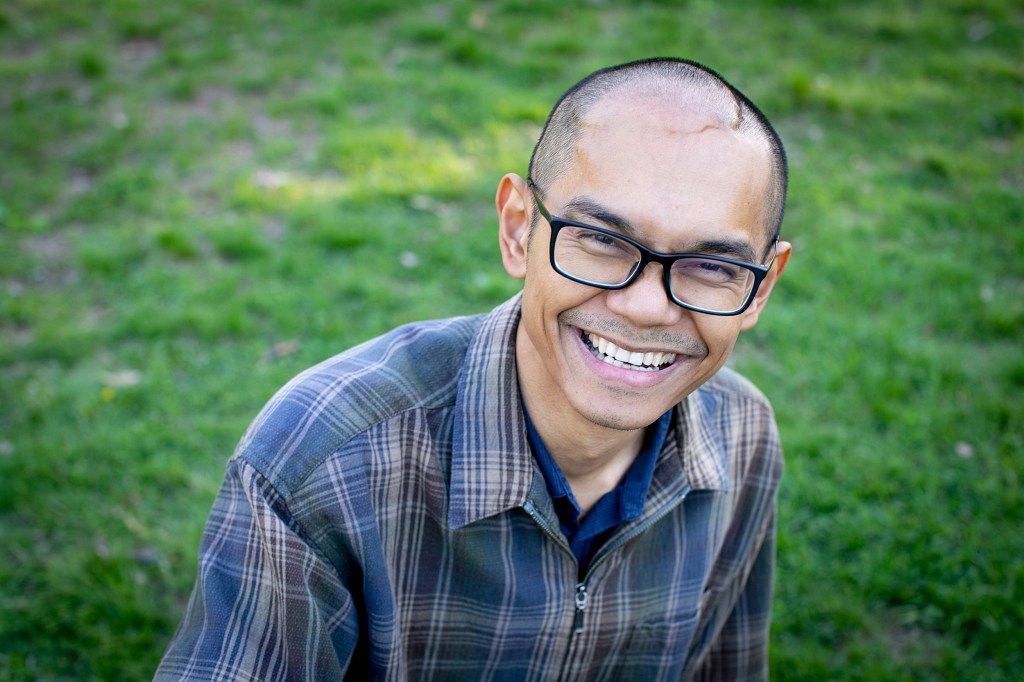
-
Time off from Harvard helped her thrive
Jee always knew she would take time off from her studies. What she didn’t know was how her time away from Cambridge would help her “fall back in love with Harvard,” and define her future path.
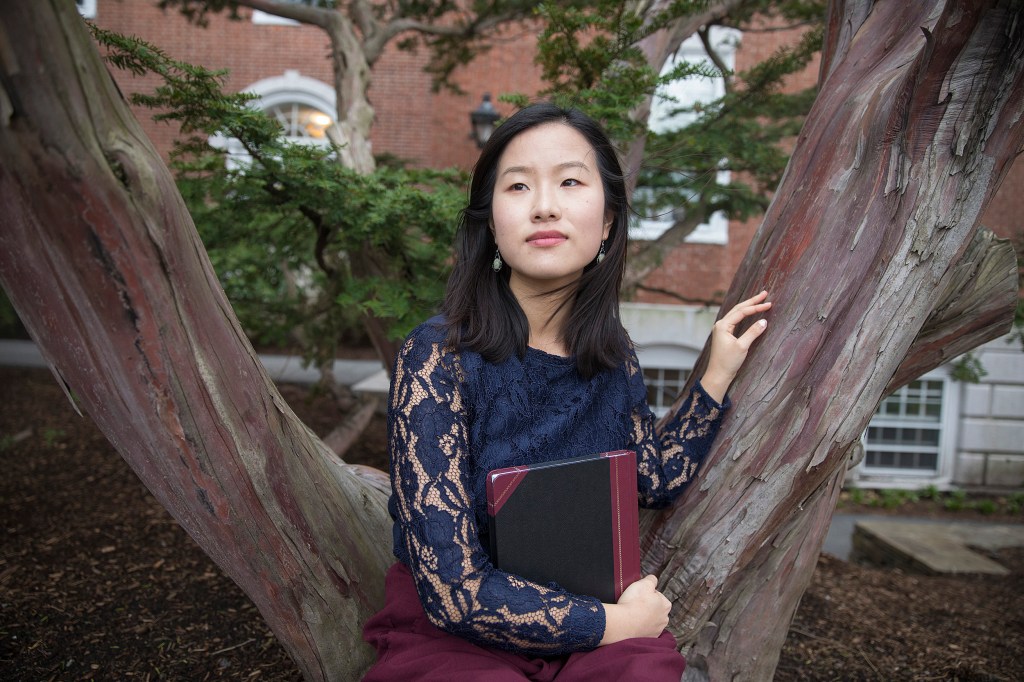
-
Her app for a socio-medical goal: Anthropology without borders
Margot Mai ’18 came to Harvard to pursue biology and pre-med, only to discover anthropology and change her concentration in her sophomore year.
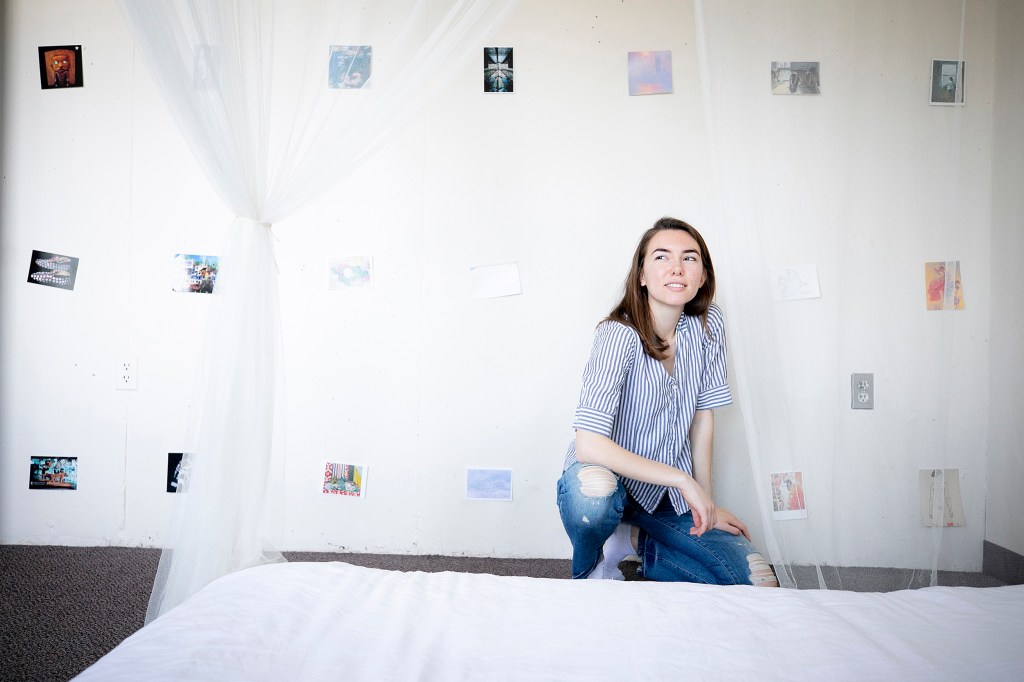
-
Assessing the Iran deal pullout
Faculty and affiliates of the Belfer Center for Science and International Affairs at Harvard Kennedy School weighed in on President Donald Trump’s decision to pull out the United States from the multi-lateral Joint Comprehensive Plan of Action, the Iran nuclear deal.
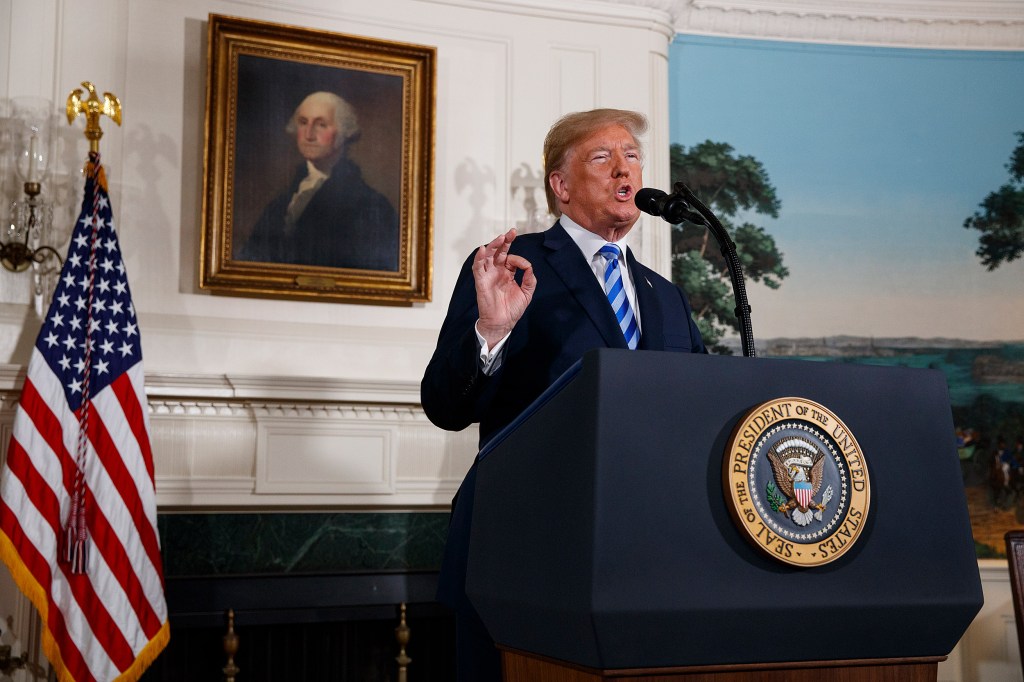
-
From federal support, groundbreaking research
Latest federal budget allocations allow Harvard scientists to push toward fresh discoveries.
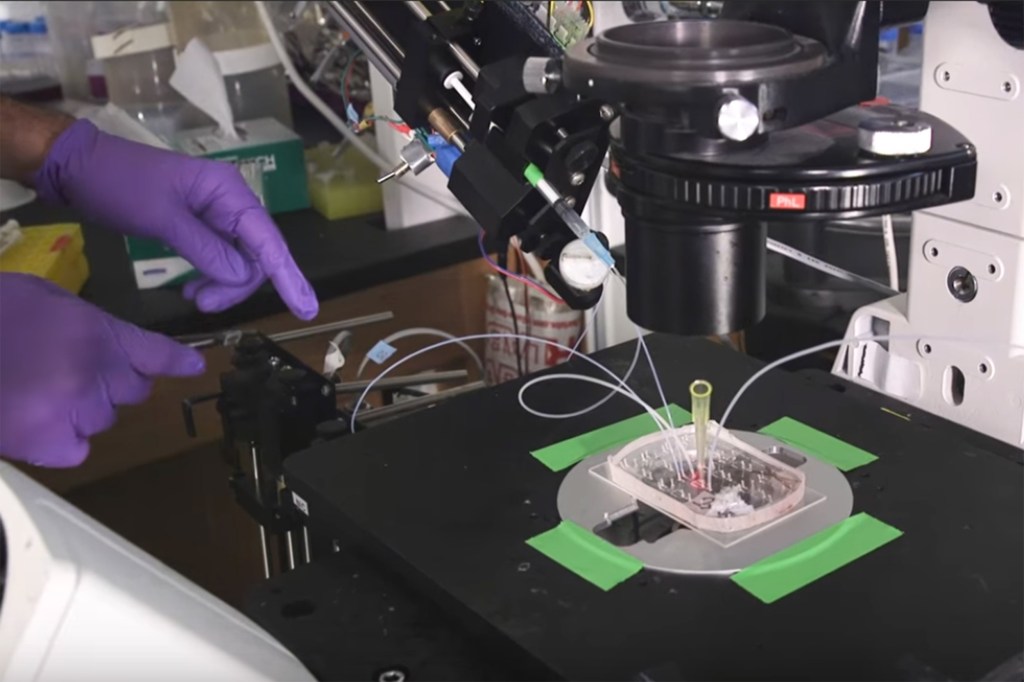
-
John McCain: A maverick who matters
Harvard analysts reflect on the life and legacy of ailing Arizona Sen. John McCain, who says in a new memoir that this will be his last term in office.
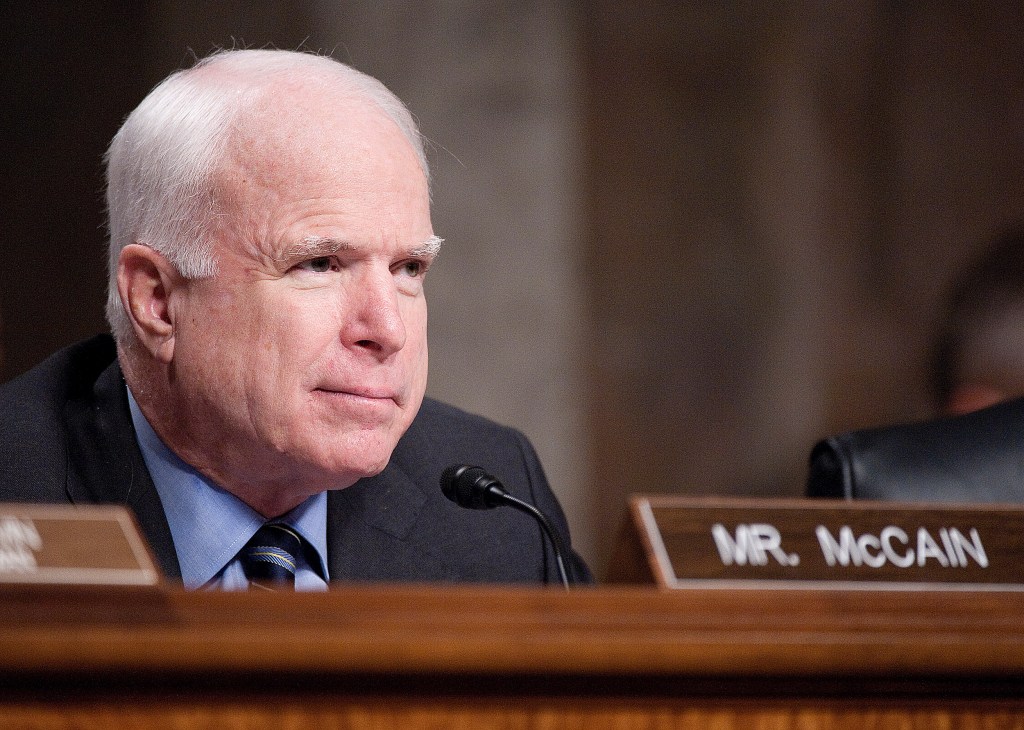
-
A historic summit, with uncertain outcome
John Park, director of the Belfer Center’s Korea Working Group at Harvard Kennedy School, discusses the prospects for lasting peace between South Korea and North Korea following the historic announcement of their intent to sign a peace treaty to end the Korean War.
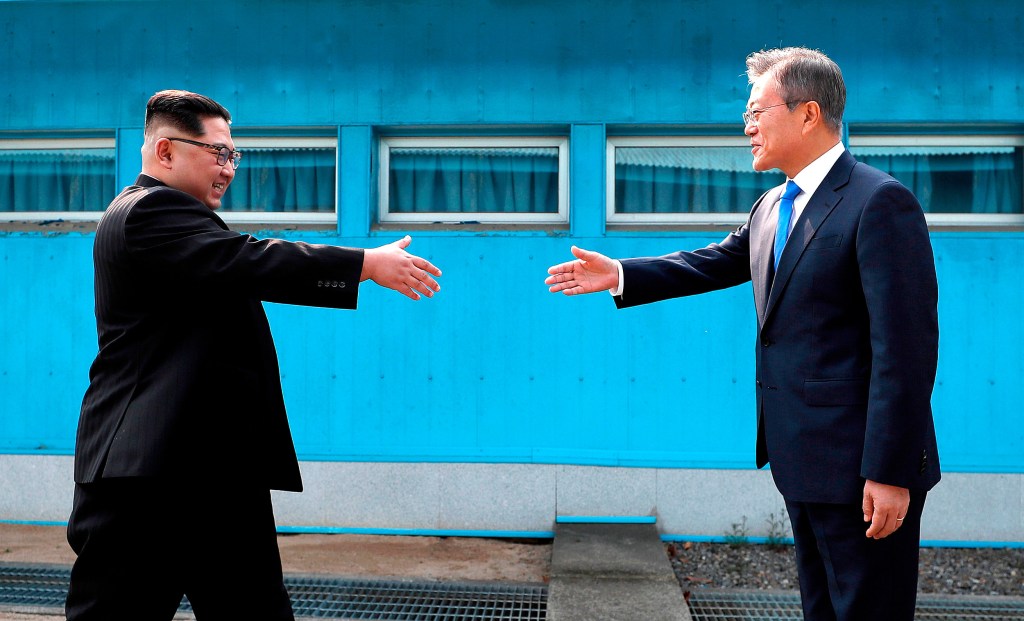
-
Debating markets and morals in Moscow
About 1,500 Russian students recently packed a historic building adjacent to the Kremlin for a lecture and public discussion led by Harvard Professor Michael Sandel on ethics, markets, and democracy.
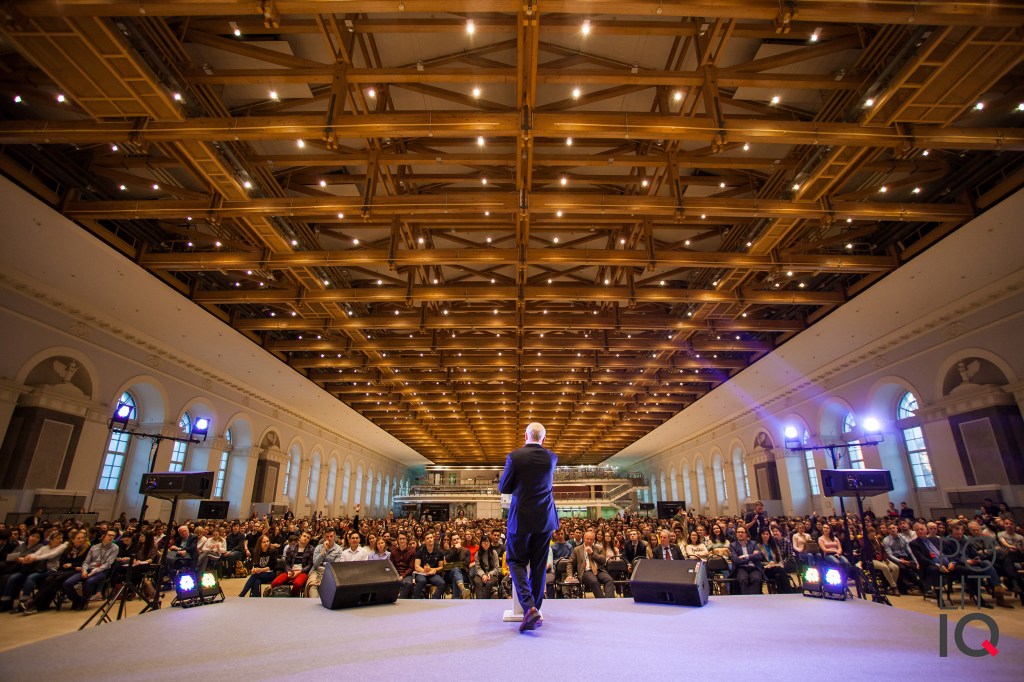
-
A sense of direction for Africa
The Kennedy School brought together three voices of leadership in Africa to talk about the continent’s past and future.
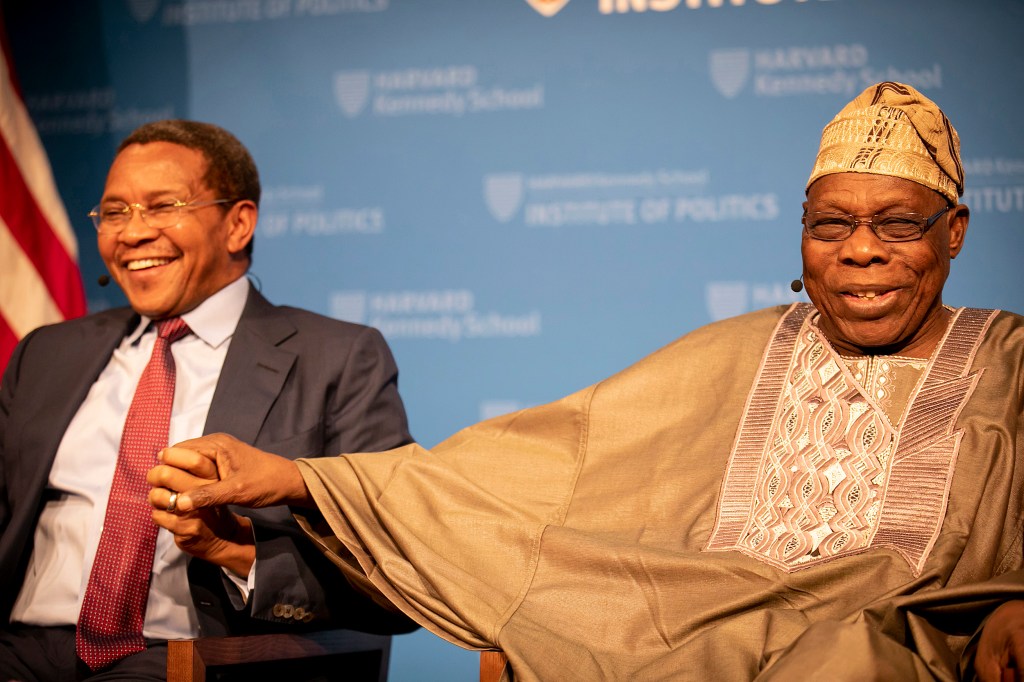
-
Absorbing a tragic silence
A Harvard conference on Afro-Brazilian issues will honor the memory of activist Marielle Franco, who was gunned down last month in Rio.
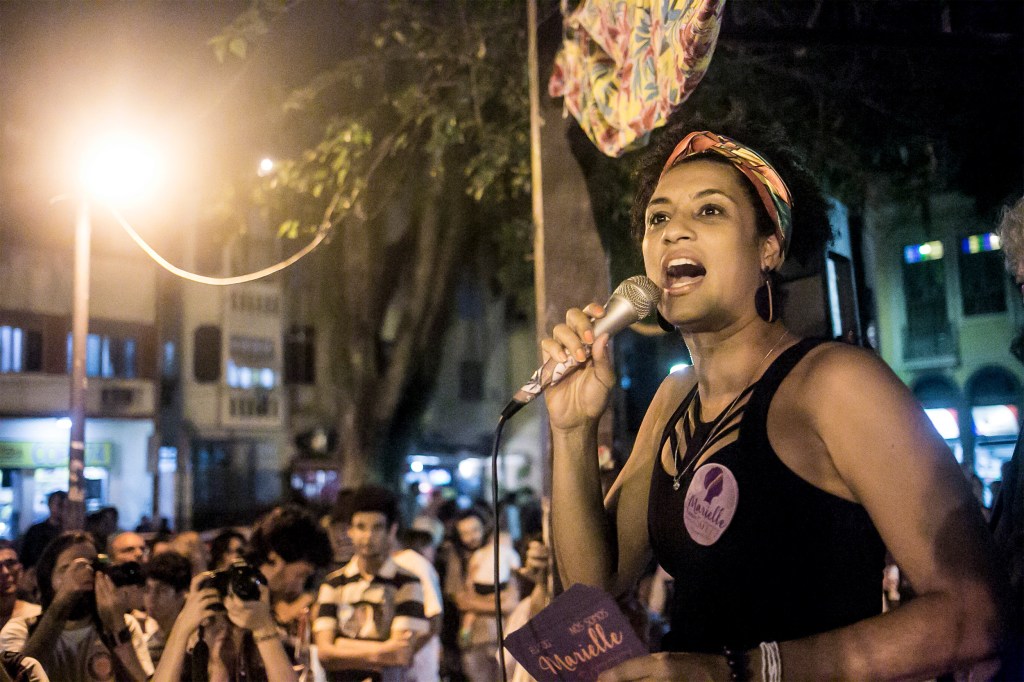
-
Black Lives Matter: A next chapter
Four years after Michael Brown was shot to death in Ferguson, Mo., young people of color are still dying. Still, as a panel discussion at the John F. Kennedy Jr. Forum noted, a movement has grown at the same time.
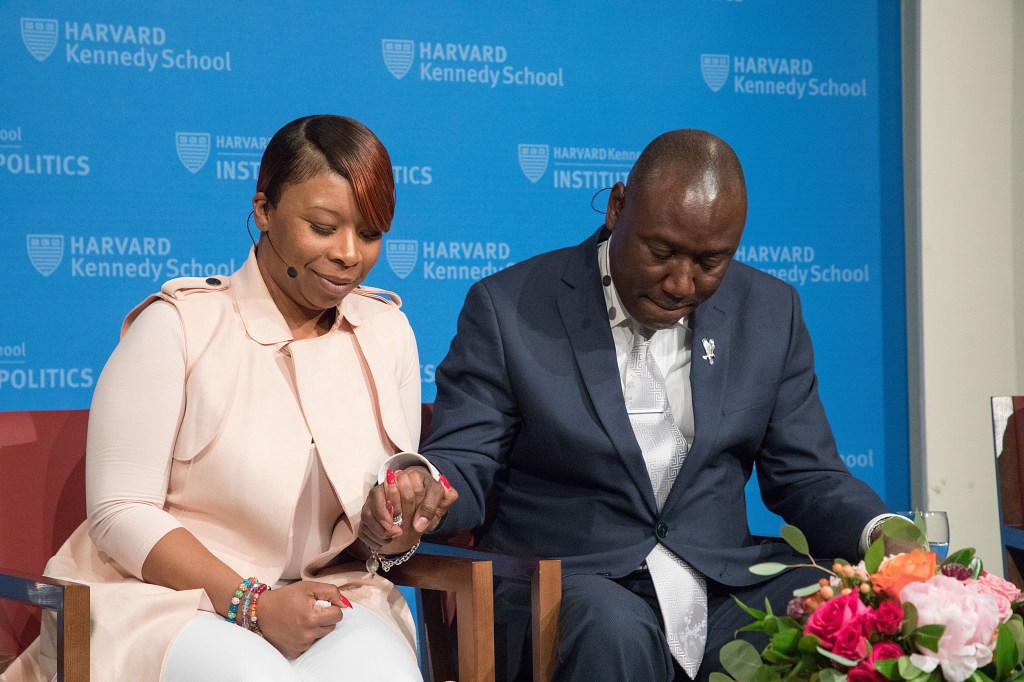
-
Guideposts toward gender equality
Harvard conference on gender inequality probes possible ways to encourage maternal and parental leave.
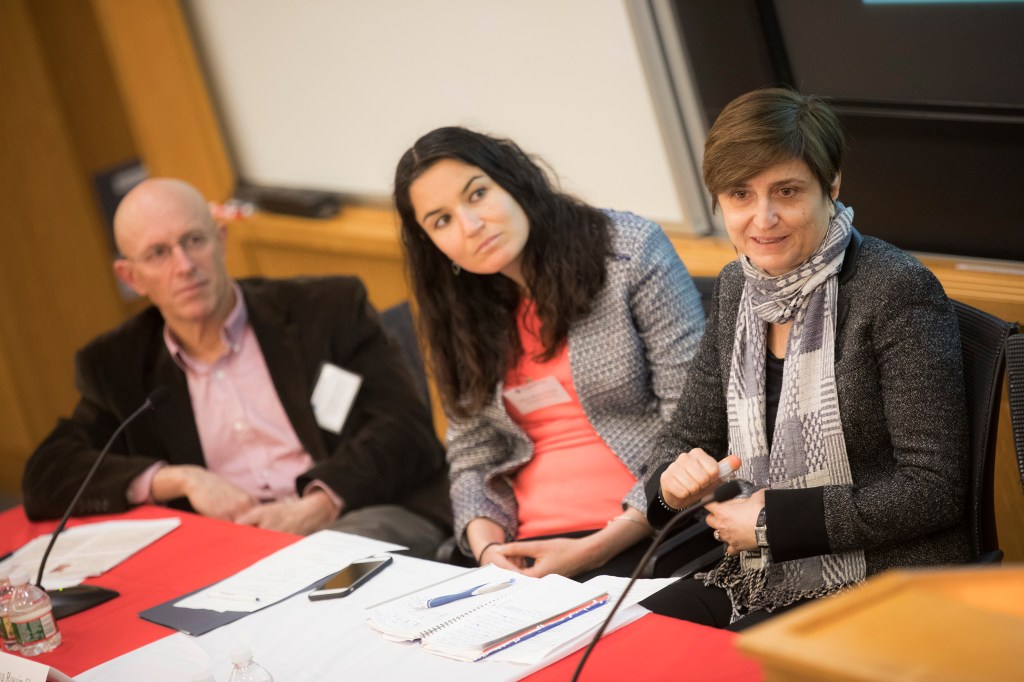
-
Globe team tells story behind race in Boston stories
Reporters from The Boston Globe visited the Kennedy School to talk about their seven-part series on race relations in the region.

-
Urging a response to ‘deaths of despair’
Nobel Prize-winning economist Angus Deaton and University College London epidemiologist Michael Marmot spoke at Harvard on the dangers and drivers of inequality.

-
U.S. needs to back opioid talk with stronger action, former governors say
Ex-governors from Delaware, Kansas, Kentucky, Ohio, and Vermont traded ideas for fighting the U.S. opioid epidemic during a Harvard forum.
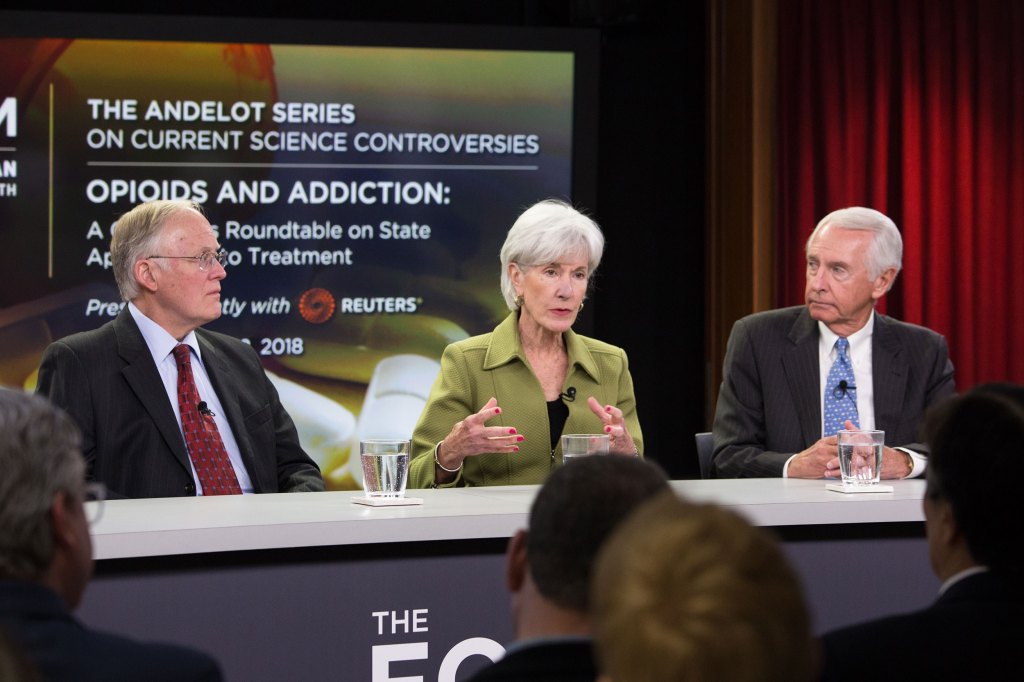
-
The new rules of covering sex assault
Journalists covering sexual misconduct charges and the #MeToo movement stop to reflect on the seismic impact the Harvey Weinstein scandal has had on the wider culture and on the profession, and consider what more needs to be done.

-
A message from the pope in the life of a saint
The canonization of Salvadoran Archbishop Óscar Romero, who was killed by a death squad while celebrating Mass in 1980, reflects Pope Francis’ focus on “those who are in need.”
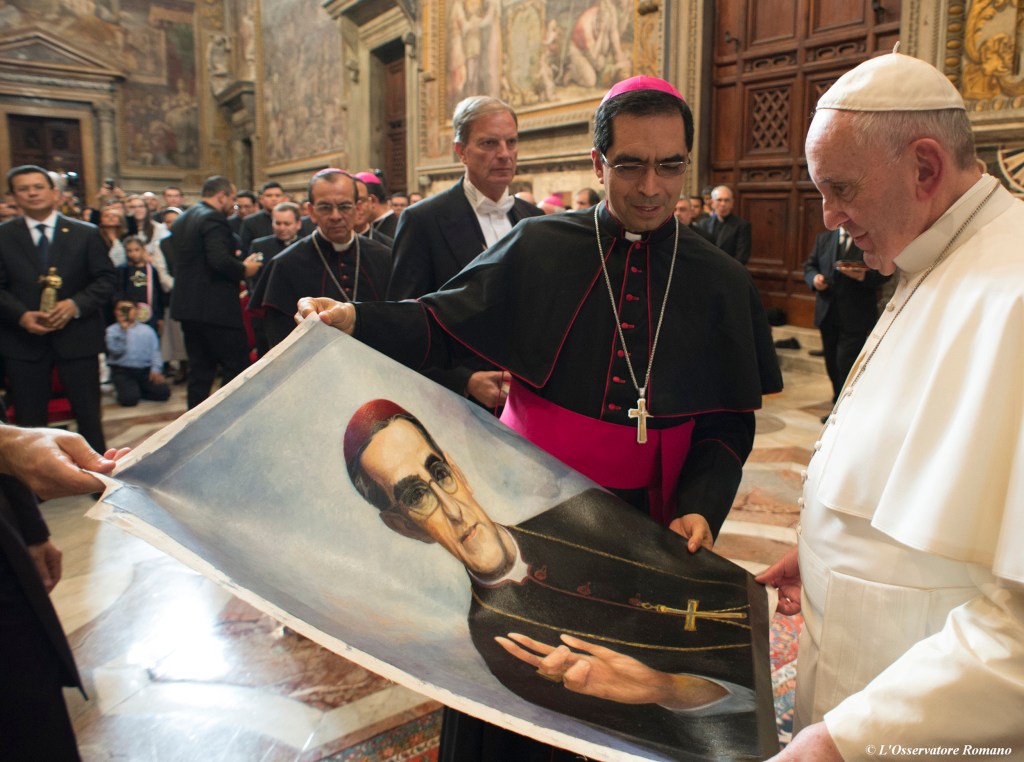
-
Harvard student project to aid refugees
A Harvard student project won an award in Paris for its design of a mobile hygiene unit to aid refugees.

-
The women’s view
“Who Belongs: Global Citizenship and Gender in the 21st Century,” Radcliffe’s annual gender conference, touched on topics as varied as the hijab and the history of citizenship in America.
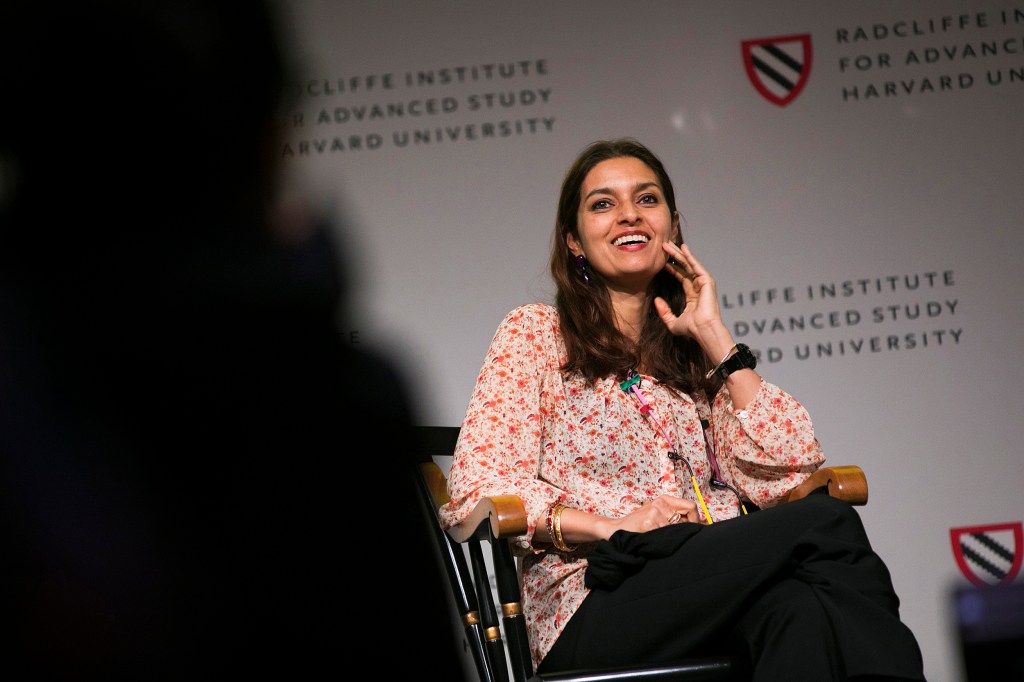
-
Among young, trust in social media is low, poll says
New IOP poll finds that young adults don’t trust much, not even the big tech companies. Perhaps that’s why the findings also say they’re promising to turn out for the midterm elections in November in larger numbers.
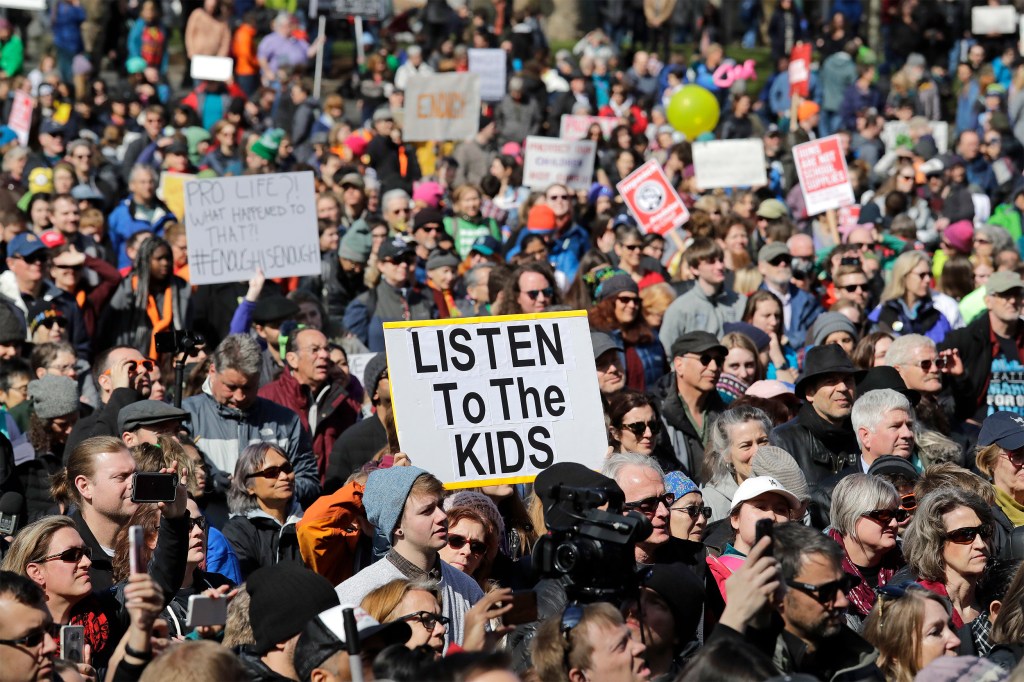
-
Making ‘a case for the small’
Making “a case for the small,” Harvard’s Danielle Allen tells symposium that progress in Civil Rights isn’t just about breakthroughs.
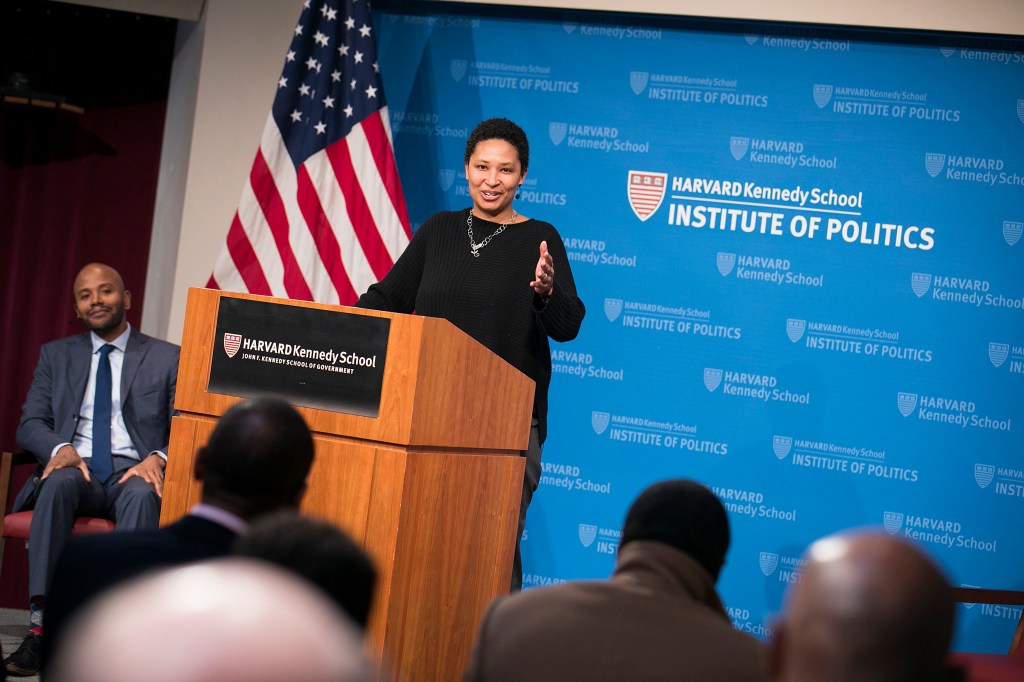
-
Nassar accuser opts for justice, forgiveness
Faith helped former gymnast surmount abuse by sports physician Larry Nassar, she tells Harvard audience.
